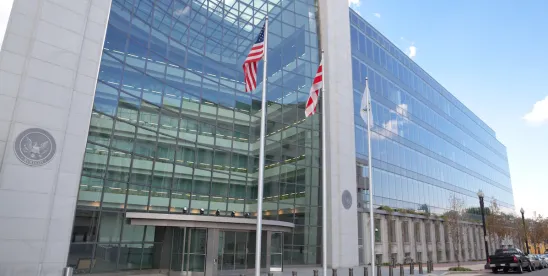On November 21, the US District Judge Reed O’Connor in Fort Worth, Texas vacated the rule recently adopted by the Securities and Exchange Commission (SEC) that sought to significantly expand entities that may be required to register as a “dealer” or a “government securities dealer” (Dealer Rule). The decision to vacate the rule is noteworthy, as the Court did not remand the case to the SEC, which would have left the future status of “dealer” regulation unclear. The Court quickly disposed of that alternative, finding that it “cannot envision how the SEC could satisfactorily salvage its Dealer Rule such that it would no longer violate the” Administrative Procedure Act.
In his published opinion, Judge O’Connor ruled that the adoption of the Dealer Rule constituted “unlawful agency action taken in excess of [the SEC’s] authority.” Judge O’Connor pointed out that legislative history and common law interpretation of the term “dealer” indicate that a person must have customers in order to meet the definition of “dealer” under the Securities Exchange Act of 1934, as amended. In contrast, the Dealer Rule sought to require registration for (among other things) active traders that have the effect of “providing liquidity” to the marketplace — irrespective of whether those traders have customers or whether such trading is in service to others. Had the Dealer Rule not been vacated by the decision, affected traders would have had to register as dealers by April 29, 2025.
Separately, SEC Chairman Gary Gensler announced that he will be stepping down effective January 20, 2025. Given the upcoming change in leadership, it is unclear whether the SEC will seek to appeal the US District Court decision.






 />i
/>i

